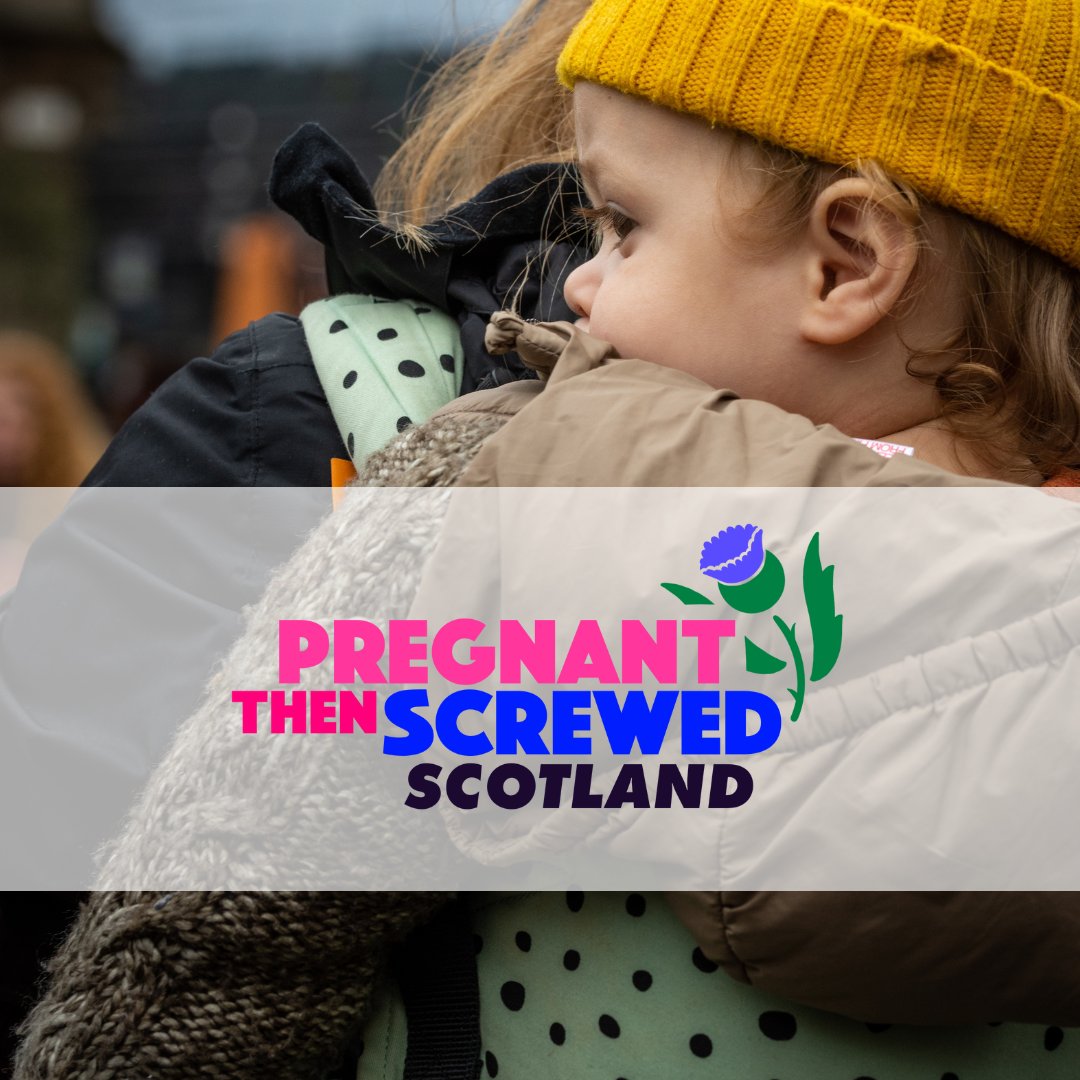To The Secretary of State for Health,
House of Commons, London
SW1A 0AA Wednesday 15th December 2021
Dear The Rt Hon Sajid Javid and Maggie Throup MP,
We are writing to you as a group of healthcare professionals, charities, and campaigners who are deeply concerned about the safety of pregnant women. The recent announcement that anyone over the age of 18 years old can now access a booster vaccine is most welcome, but access to the booster vaccine for pregnant women needs further consideration. Many pregnant women will be reluctant to queue at walk-in centres to access the vaccine. Standing for long periods of time is particularly exhausting for pregnant women and many are understandably nervous that they could contract Covid19 at a busy vaccination centre.
Vaccination rates are very low amongst this vulnerable group of women. Evidence tells us that pregnant women are more likely to have the vaccine if it can be administered during antenatal appointments. A poll conducted by Pregnant Then Screwed on Friday 10th December of over 5,000 pregnant women found that only 2 in 10 say they can access a vaccine at an antenatal appointment.
The fact that pregnant women are still the only vulnerable adult group to have not been prioritised for the vaccine, or the booster, means that very few pregnant women have received their booster vaccine, even if they have attempted to access it. A survey of almost 4,000 pregnant women conducted by Pregnant Then Screwed between the 9th – 11th December 2021 found that 90% of those who are double vaccinated were unable to access the booster. The survey also found that 42% of pregnant women say a health professional made them question the safety of the vaccine. It is of critical importance that with rising cases of Omicron, the Government now commits to a comprehensive strategy that will increase vaccination rates amongst this group by removing barriers to access and ensuring all health professionals have the most up to date information.
In addition to low vaccination rates, pregnant women are not being adequately protected by their employer. A survey of almost 4,000 pregnant women conducted on the 9th December 2021 found that half of pregnant women who work outside of the home feel scared for their safety when they are at work, and only 42% say that their employer is following a risk assessment, despite this being a legal requirement. Whilst pregnant employees are encouraged to continue following the occupational health guidance to ensure they are safe in their workplace; our research has found that one in five pregnant women are too scared to demand a risk assessment for fear they will lose their job.
Low vaccination rates, rising levels of the Omicron variant and a lack of health and safety protection in the workplace is creating a perfect storm for pregnant women. Research from the UK has found that should a pregnant woman become infected with COVID-19 in her third trimester and develop symptoms, her baby is twice as likely to be born preterm, which can cause lifelong complications, and there is an increased risk of pre-eclampsia, needing emergency caesarean, and higher rates of stillbirth. She is also more likely to be admitted to ICU. Data from MBRRACE found that 13 pregnant women died from Covid19 between July 2021 – September 2021, 85% of whom were unvaccinated.
This is an alarming situation which demands urgent action. Please could you detail to us in your reply:
When pregnant women will be able to access the vaccine at their antenatal appointments
What the process is for ensuring health professionals (a) are discussing with pregnant women the risks and benefits of the COVID-19 vaccine and (b) have up to date information on the risks and benefits of the vaccine?
What steps are being taken to reduce misinformation and vaccine hesitancy among pregnant women and increase take-up?
We are calling on you to take the following steps to ensure pregnant women are effectively protected and supported.
- Prevent the further spread of misinformation about the risks and benefits of the COVID-19 vaccines in pregnancy by ensuring all health professionals and those in vaccine centres are given the most up to date research and data, and they should be encouraged to have proactive conversations with pregnant women about the vaccine.
- Include pregnant women under the age of 18 years old in those who are eligible for the booster vaccine.
- Design and deliver a Government-led campaign to encourage pregnant women to get vaccinated.
- Deploy vaccination teams in maternity units or set up vaccination clinics next to antenatal wards to ensure pregnant women can receive their vaccine and their booster vaccine following their antenatal appointment. This must not be an expectation of midwives who are already under immense pressure to deliver quality care with recent data from the Royal College of Midwives showing that 84% are not happy with staffing levels and 67% are not happy with the quality of care they are able to give.
- Consider the opportunities in every part of the system to prioritise pregnant women for the vaccine and the booster and ensure they can be prioritised at vaccine centres to reduce their waiting time. This should be communicated at a national level.
- HSE, ACAS and the Government website should immediately correct their information resources to reflect recent case law and state that employers must carry out an individual risk assessment when notified that a woman is pregnant, has given birth in the last 6 months or is breastfeeding.
- Establish a Government scheme for pregnant women so that all employers can reclaim 80% of the cost of suspending a pregnant woman on safety grounds
- HSE should report annually on the number of requests for advice from workers and employers on health and safety for new and expectant mothers, the number of cases in which enforcement action was taken and the type of enforcement action carried out.
Yours Sincerely,
Name, Organisation
Joeli Brearley, Pregnant Then Screwed
Gill Walton, Royal College of Midwives
Maria Booker, Birthrights
Dr Mary-Ann Stephenson, Women’s Budget Group
Jemima Olchawski, Fawcett Society
Rosalind Bragg, Maternity Action



